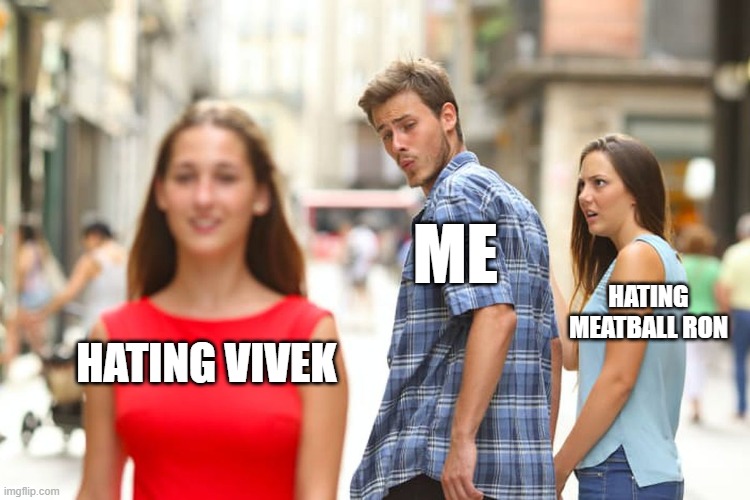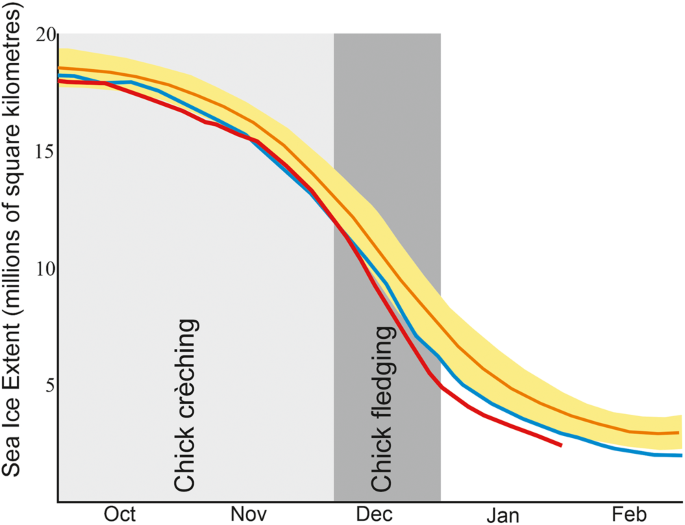. Summary and Conclusions: It’s Really Quite Simple
“Without a biosphere in a good shape, there is no life on the planet. It’s very simple. That’s all you need to know. The economists will tell you we can decouple growth from material consumption, but that is total nonsense… If you don’t manage decline, then you succumb to it and you are gone” (Vaclav Smil, [
102]).
H. sapiens, like all other species, are naturally predisposed to grow, reproduce, and expand into all suitable accessible habitat. Physical growth is natural, but is only an early phase in the development of individual organisms; growth in sheer scale, including population growth, is characteristic of early phases of complex living systems, including human societies. However, both material and population growth in finite habitats are ultimately limited by the availability of essential ‘inputs’, by the capacity of the system’s environment to assimilate (often toxic) outputs, or by various forms of negative feedback as previously listed. Growth will cease, either by “design or disaster” [
103]
For most of H. sapiens’ evolutionary history, local population growth has, in fact, been constrained by negative feedback. However, improved population health (lower death rates) and the use of fossil fuels. particularly since the early 19th century, enabled a period of unprecedented food and resource abundance. In nature, any ‘K’-strategic species population enjoying such favourable conditions will expand exponentially. Growth will generally continue until excess consumption and habitat degradation once again lead to food shortages and starvation, or disease and predation take their toll. The population then falls back below the long-term carrying capacity of the habitat and negative feedback eases off. Some species repeatedly exhibit this cycle of population boom and bust.

Humanity is only a partial exception. The abundance generated by fossil fuels enabled H. sapiens, for the first time, to experience a one-off global population boom−bust cycle (
Figure 1). It is a ‘one-off’ cycle because it was enabled by vast stocks of both potentially renewable self-producing resources and finite non-renewable resources, including fossil fuels, which have been greatly depleted. No repetition is possible. As Clugston argues, by choosing to industrialize, Homo sapiens unwittingly made a commitment to impermanence [
77]. We adopted a self-terminating way of life, in which the finite resources that enable our industrial existence would inevitably become insufficient to do so.
The physical mechanisms are simple. Living systems, from individual cells through whole organisms to populations and ecosystems, exist in nested hierarchies and function as far-from-equilibrium dissipative structures [
104]. Each level in the hierarchy depends on the next level up both as a source for useful resources (negentropy) and as a sink for degraded wastes (entropy). As Daly [
8,
9] reminds us, the human enterprise is a wholly-dependent subsystem of the ecosphere; it produces and maintains itself by extracting negentropic resources from its host system, the ecosphere, and dumping degraded en-tropic wastes back into its host. It follows that the increasing structural and functional complexity of the human sub-system as a far-from equilibrium-dissipative structure (a node of negentropy) can occur only at the expense of the accelerated disordering (increas-ing entropy) of the non-growing ecosphere. Indeed, humanity is in overshoot—global heating, plunging biodiversity, soil/land degradation, tropical deforestation, ocean acidi-fication, fossil fuel and mineral depletion, the pollution of everything, etc., are indicative of the increasing disordering of the biosphere/ecosphere. We are at risk of a chaotic break-down of essential life-support functions [
105].
Little of this is reflected in contemporary development debates or in discussions of the population conundrum. The international community’s response to incipient biospheric collapse is doubly disastrous. MTI culture’s commitment to material growth, including continued FF use (Track 1), condemns humanity to the predictably dangerous impacts of accelerating climate change; at the same time, our pursuit of alternative energy sources (themselves FF dependent) in order to maintain the growth-based status quo (Track 2) would, if successful, assure the continued depletion and dissipation of both self-producing and non-renewable resources essential for the existence of civilization.

The mainstream view of population asserts that the growth rate is declining so “not to worry”—or worry that population decline is bad for the economy! Even the base assertion is controversial. Jane O’Sullivan points out that the rate of decline has itself declined in this century. She argues that UN demographers have thus ‘persistently underestimated recent global population, due to their over-anticipation of fertility declines in high-fertility countries’ [
106]. The human population continues to grow at about 80 million per year—O’Sullivan argues that the number is closer to 90 million—and its ultimate peak is highly uncertain. Renewed negative feedback may well end growth well before the population reaches the UN’s expected 10.4 billion in the late 2080s.
It is crucial to remember that, right or wrong, conventional projections ignore the fact that the ecosphere is not actually now ‘supporting’ even the present eight billion people. The human enterprise is growing and maintaining itself by liquidating and polluting essential ecosystems and material assets. In short, even average material living standards are corrosively excessive, yet, in 2019, ‘almost a quarter of the global population… lived below the US$3.65 per day poverty line, and almost half, 47 percent, lived below the US$6.85 poverty line’ [
107] and the world considers sheer material growth as the means to address this problem. Following this path, eco-destruction will ramp up, increasing the probability of a self-induced simplification and contraction of the human enterprise.
Baring a nuclear holocaust, it is unlikely that H. sapiens will go extinct. Wealthy, technologically advanced nations potentially have more resilience and may be insulated, at least temporarily, from the worst consequences of global simplification [
108]. That said, rebounding negative feedbacks—climate chaos, food and other resource shortages, civil disorder, resource wars, etc.—may well eliminate prospects for an advanced world-wide civilization. In the event of a seemingly inevitable global population ‘correction’, human numbers will fall to the point where survivors can once again hope to thrive within the (much reduced) carrying capacity of the Earth. Informed estimates put the long-term carrying capacity at as few as 100 million [
109] to as many as three billion people [
110].

It is uncertain whether much or any of industrial high-tech can persist in the absence of abundant cheap energy and rich resource reserves, most of which will have been extracted, used, and dissipated. It may well be that the best-case future will, in fact, be powered by renewable energy, but in the form of human muscle, draft horses, mules, and oxen supplemented by mechanical water-wheels and wind-mills. In the worst case, the billion (?) or so survivors will face a return to stone-age life-styles. Should this be humanity’s future, it will not be urban sophisticates that survive but rather the pre-adapted rural poor and remaining pockets of indigenous peoples.





























